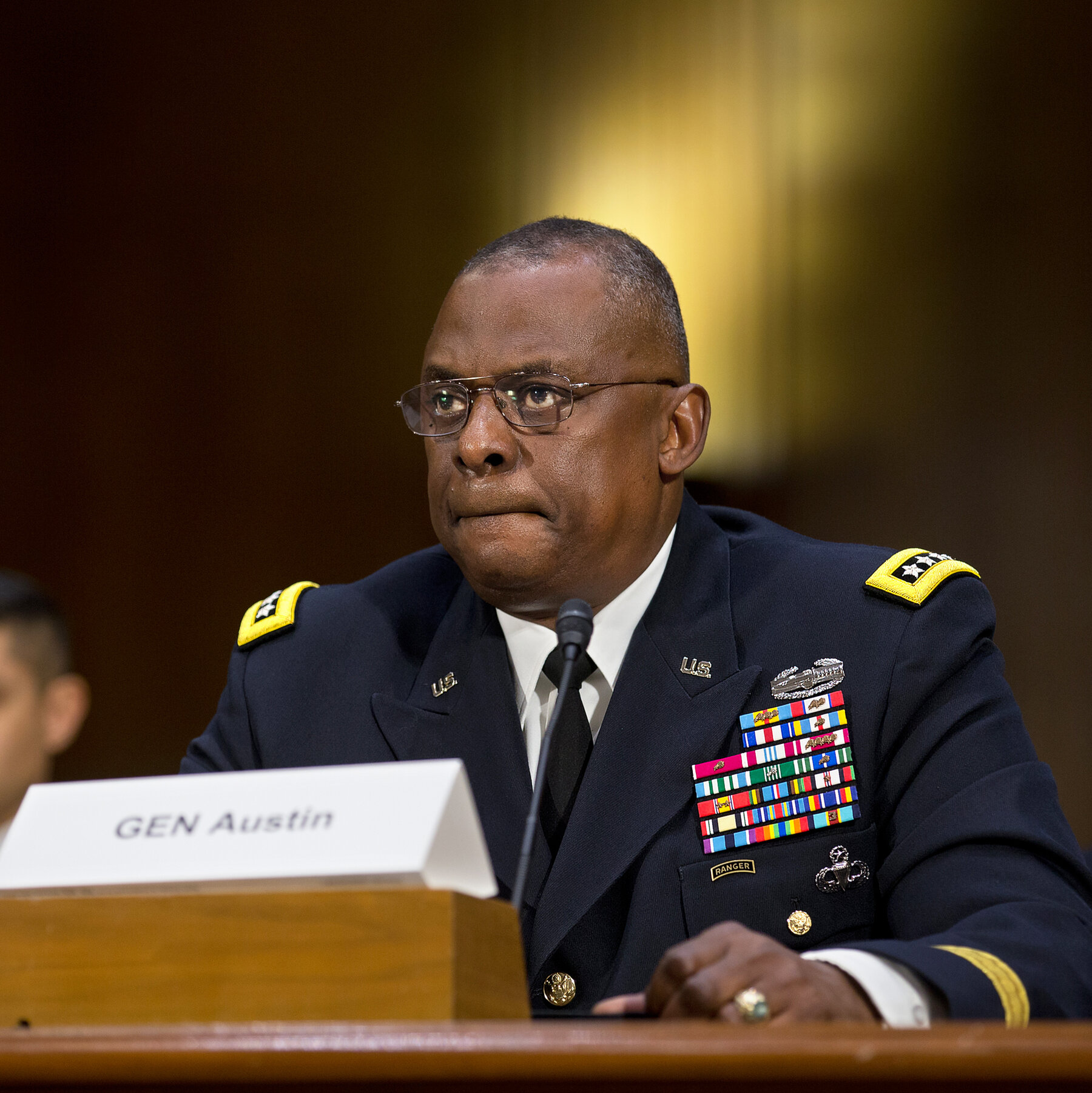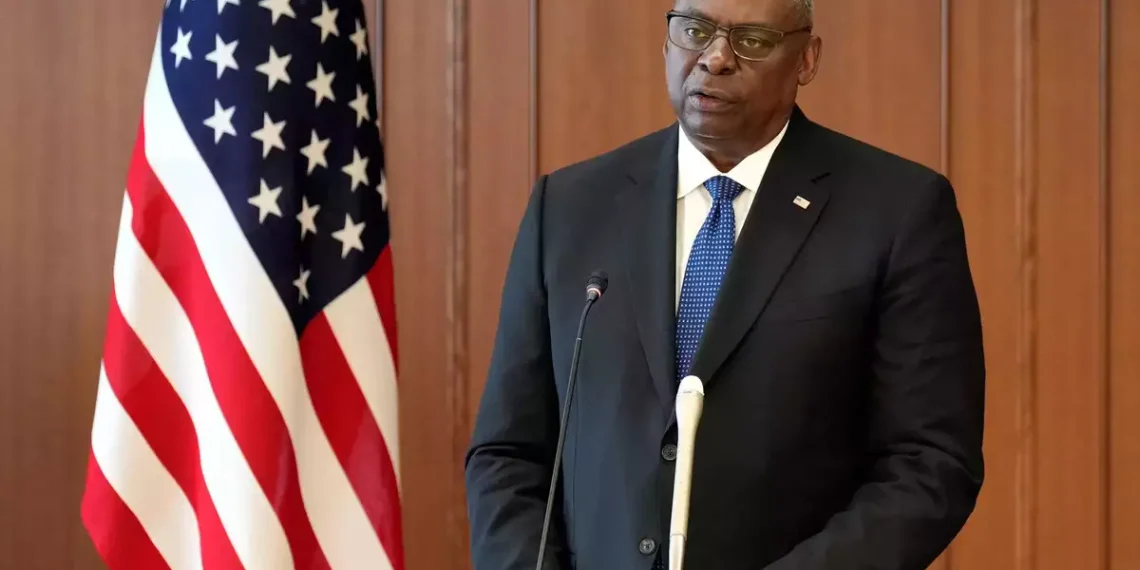Standing over 6 feet tall and weighing more than 250 pounds (113 kg), U.S. Defense Secretary Lloyd Austin has a towering presence at the podium. However, current and former officials suggest that this outward stature conceals a strong inclination to maintain the lowest possible public profile.
Austin, 70, recently revealed that his desire for privacy led him to make a significant error in judgment – keeping two hospitalizations since December a secret, even from President Joe Biden.
During a public apology on Thursday, Austin explained his decision after being diagnosed with cancer, describing it as “a gut punch.” Still recovering from severe surgery complications and walking with a limp, Austin admitted, “Frankly, my first instinct was to keep it private.”
This incident proved embarrassing for Biden and raised questions from both Democrats and Republicans about Austin’s judgment. Senator Roger Wicker, the top Republican on the Senate Armed Services Committee, criticized Austin’s actions, calling them “an intolerable breach of trust with the American people at a dangerous moment for U.S. national security.”
Austin was still in the hospital as U.S. forces launched a retaliatory strike against an Iranian-backed militia leader in Baghdad, and the Israel-Hamas conflict escalated in the Middle East. Three investigations into Austin’s behavior, including one by the Pentagon’s Inspector General, are now underway.
One U.S. official accused Austin of acting “selfishly” for not considering the implications of concealing both his cancer and surgery complications. The official emphasized Austin’s responsibility to the commander-in-chief and senior staff.
Austin, who became Biden’s defense secretary in 2020, is known for his somewhat reclusive nature, focusing more on work than media interaction. Born in Mobile, Alabama, in 1953, Austin’s military career led him to become the first Black American defense secretary, nominated by Biden, who values Austin’s loyalty and competence.
Despite the controversy, the White House dismissed suggestions that Austin might lose his job over the handling of his health. Biden’s close ties with Austin, dating back to when Austin commanded Beau Biden in Iraq, underline a strong bond.

Austin’s guarded public persona extends to closed meetings, where he exhibits caution, according to another U.S. official. This official suggests that Austin’s reliance on advisers who fail to draw him out contributes to the controversy.
In a 911 call on Jan 1., an Austin aide requested an ambulance with its lights and siren off. Austin denied creating “a culture of secrecy” and suggested that staff might have acted in his best interest without his directive.














